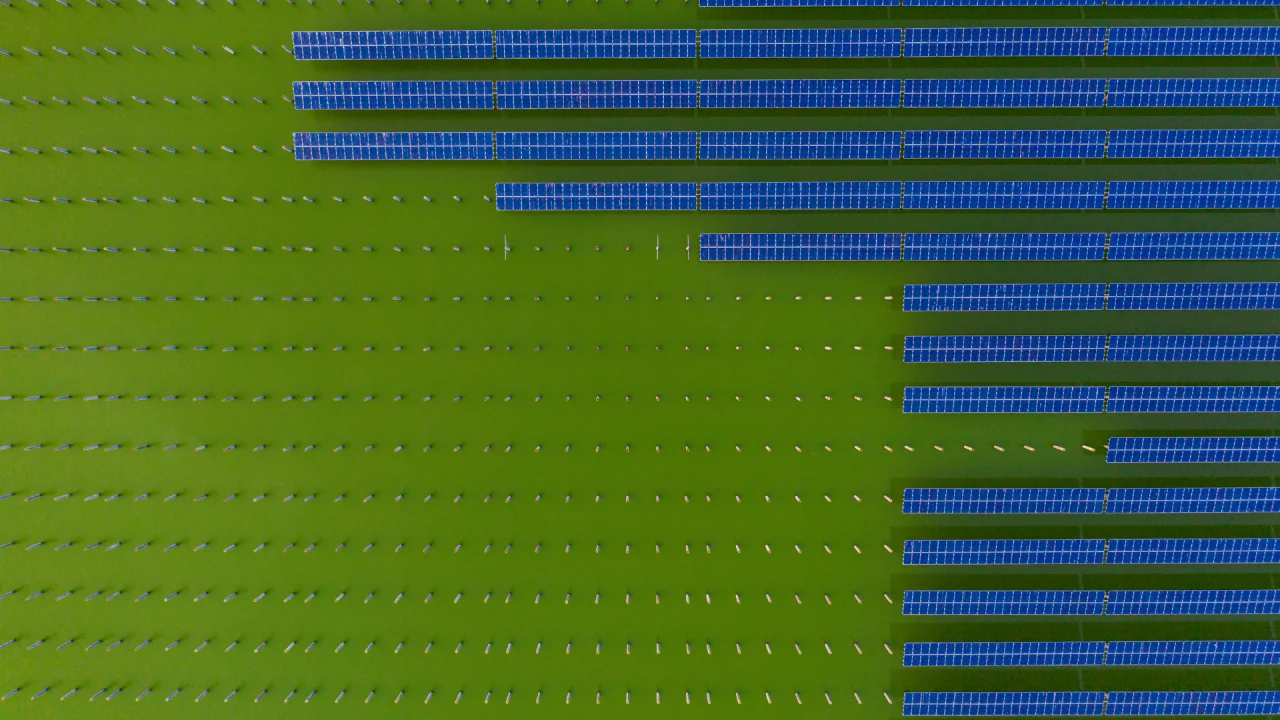Milwaukee Home Inspection Checklist: What Inspectors Look For
Are you preparing to buy or sell a house in Cream City? Understanding what goes into a thorough home inspection can save you from unexpected surprises and costly repairs down the road.

Are you preparing to buy or sell a house in Cream City? Understanding what goes into a thorough home inspection can save you from unexpected surprises and costly repairs down the road. As someone who's been through this process multiple times, I'm here to walk you through exactly what professional inspectors look for when they evaluate properties in our unique Midwestern market.
The Foundation of a Good Home Inspection
When you schedule a Home Inspection Milwaukee service, you get a comprehensive health check-up for your potential new home. Unlike the quick walkthrough you might do when viewing a property, professional inspectors spend hours methodically examining every accessible area from the foundation to the roof.
What Makes Milwaukee Inspections Unique
Our city's housing stock presents special challenges for inspectors. With many homes built before 1950, Milwaukee properties often feature distinctive characteristics like cream city brick, old knob-and-tube wiring, and aging clay sewer laterals that require specialized knowledge to evaluate properly.
The freeze-thaw cycles of our harsh Wisconsin winters can be tough on foundations and roofing systems, so local inspectors pay extra attention to signs of seasonal damage that might not be as common in other regions.
Pre-Inspection Preparation Tips
Before your inspector arrives, there are several steps you can take to ensure you get the most value from your inspection:
-
Make a list of specific concerns you have about the property
-
Ensure all areas of the home are accessible, including attics, crawl spaces, and utility rooms
-
Remove items blocking access to electrical panels, furnaces, and water heaters
-
For sellers, gather documentation about recent repairs or maintenance
Remember that inspectors need to be able to access all areas of your home, so clearing pathways and ensuring all rooms are unlocked will help the process go smoothly.
Exterior Elements: The First Line of Defense
The exterior inspection is often where your inspector begins, as it sets the context for many interior issues that might be discovered later.
Foundation and Structural Components
Milwaukee's clay-heavy soils can cause significant foundation movement over time. Inspectors will carefully examine:
-
Foundation walls for cracks, bowing, or water intrusion
-
Grading around the foundation to ensure proper drainage away from the home
-
Window wells and basement egress for safety and water management
-
Structural supports, including posts, beams, and floor joists
Many older Milwaukee homes have experienced some degree of foundation settlement. Your inspector will help differentiate between normal settling and signs of serious structural concerns that might require professional intervention.
Roof and Drainage Systems
With our annual snowfall averaging over 40 inches, Milwaukee roofs take a beating. Inspectors pay particular attention to:
-
Roofing materials and estimated remaining lifespan
-
Ice dam evidence and attic ventilation adequacy
-
Gutters, downspouts, and drainage patterns
-
Chimney condition and flashing integrity
A properly functioning roof and drainage system are essential in our climate. Even minor issues can quickly escalate into major problems when winter arrives, so this portion of the Home Inspection Milwaukee process deserves special attention.
Exterior Walls, Windows, and Doors
The building envelope's integrity is crucial for energy efficiency in our temperature-extreme climate:
-
Siding condition and proper installation
-
Window seals, operation, and signs of condensation between panes
-
Door weatherstripping and security features
-
Deck and porch structural integrity and attachment to the house
Many Milwaukee homes feature beautiful old windows that add character but may lack energy efficiency. Your inspector will help you understand the tradeoffs between historical preservation and practical considerations.
Interior Systems: The Heart of the Home
Once inside, inspectors focus on the systems that keep a home comfortable, safe, and functional.
HVAC Equipment and Energy Efficiency
Given our climate's extremes, properly functioning heating and cooling systems are non-negotiable:
-
Furnace age, condition, and safety features
-
Air conditioning capacity and performance
-
Ductwork condition, insulation, and airflow
-
Thermostat function and energy-saving features
Many Milwaukee homes have been updated with newer HVAC systems, while others retain older equipment. Your inspector will evaluate not just the current function but the expected remaining service life of these critical components.
Plumbing Systems and Water Quality
Milwaukee's water infrastructure presents some unique considerations:
-
Water supply lines (with special attention to lead service lines in older neighborhoods)
-
Drain, waste, and vent systems
-
Water heater age, capacity, and safety features
-
Water pressure and drainage performance
The age of your plumbing system can significantly impact your home ownership experience. Inspectors will look for outdated materials like galvanized steel pipes or potential issues like polybutylene that might need replacement soon.
Electrical Systems and Safety Features
Electrical standards have evolved dramatically over the decades, and your inspector will evaluate:
-
Service panel capacity and breaker condition
-
Wiring types (knob-and-tube, aluminum, copper)
-
GFCI and AFCI protection in required locations
-
Smoke and carbon monoxide detector placement
Electrical updates are among the most common recommendations in Milwaukee home inspections, as many properties still contain outdated components that don't meet modern safety standards.
Hidden Areas: What Lurks Below and Above
Some of the most important parts of the Home Inspection Milwaukee process happen in spaces you rarely see.
Attic Inspection and Insulation Assessment
Our cold winters make proper attic insulation crucial for comfort and energy efficiency:
-
Insulation type, depth, and R-value
-
Ventilation adequacy to prevent ice dams and moisture issues
-
Signs of roof leaks or condensation problems
-
Evidence of pest intrusion or previous infestations
Many Milwaukee homes have undergone partial energy upgrades over the years, resulting in inconsistent insulation coverage. Your inspector will identify areas where improvements could yield significant comfort and energy savings.
Basement and Crawl Space Evaluation
Below-grade spaces tell important stories about a home's condition:
-
Water intrusion evidence and moisture management
-
Radon mitigation systems (increasingly common in our area)
-
Insulation and vapor barrier installation
-
Support column condition and placement
Given that many Milwaukee basements were not originally designed as living spaces, inspectors look carefully at conversions to ensure they meet current building codes and safety standards.
Important Considerations for Milwaukee Homebuyers
Beyond the standard inspection points, there are several Milwaukee-specific issues worth understanding.
Historic Home Considerations
If you're looking at one of Milwaukee's beautiful historic homes, expect your inspector to discuss:
-
Original building techniques and their modern implications
-
Previous renovation quality and historical appropriateness
-
Special maintenance requirements for historic features
-
Energy efficiency challenges in historically protected properties
Owning a piece of Milwaukee's architectural heritage brings both joys and responsibilities that your inspector can help clarify.
Environmental Concerns
Local environmental factors that might appear in your inspection report include:
-
Radon testing recommendations (especially important in certain Milwaukee neighborhoods)
-
Asbestos identification in older homes (commonly found in flooring, insulation, and siding)
-
Lead paint assessment for homes built before 1978
-
Mold evaluation, particularly in basements and bathrooms
These environmental factors might require additional specialized testing beyond the standard home inspection scope.
City-Specific Code Requirements
Milwaukee has its own building code nuances that your inspector will be familiar with:
-
Smoke and carbon monoxide detector requirements
-
Basement egress compliance for legal bedrooms
-
Electrical upgrades needed for rental certification
-
Plumbing code compliance for recent renovations
Understanding these local requirements can help you budget appropriately for any necessary updates after purchase.
Conclusion: Beyond the Checklist
A thorough home inspection is about more than just checking boxes—it's about understanding the story your potential home has to tell. The best inspectors don't just identify problems; they educate you about maintenance priorities and help you develop a practical plan for addressing any issues discovered.
When choosing your inspector for a Home Inspection Milwaukee property, look for someone who knows our local building styles, understands our climate challenges, and can communicate clearly about both immediate concerns and long-term maintenance considerations.
Armed with this insider knowledge of what inspectors are really looking for, you'll be better prepared to make informed decisions about what might be the biggest investment of your life in our wonderful city by the lake.









































































































![Building A Digital PR Strategy: 10 Essential Steps for Beginners [With Examples]](https://buzzsumo.com/wp-content/uploads/2023/09/Building-A-Digital-PR-Strategy-10-Essential-Steps-for-Beginners-With-Examples-bblog-masthead.jpg)





























![Senior Support Engineer - US West [IC3] at Sourcegraph](
https://nodesk.co/remote-companies/assets/logos/sourcegraph.f91af2c37bfa65f4a3a16b8d500367636e2a0fa3f05dcdeb13bf95cf6de09046.png
)


















